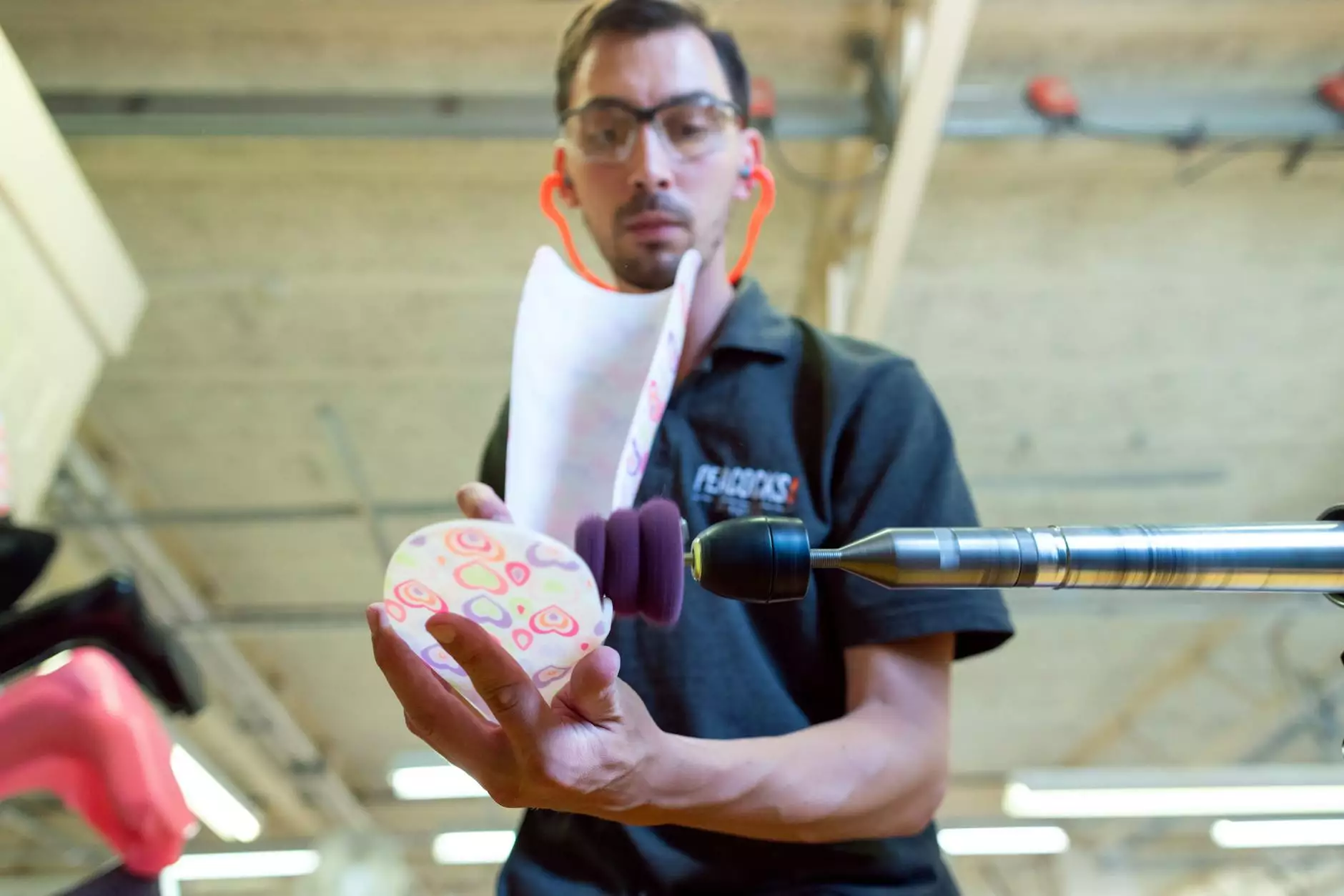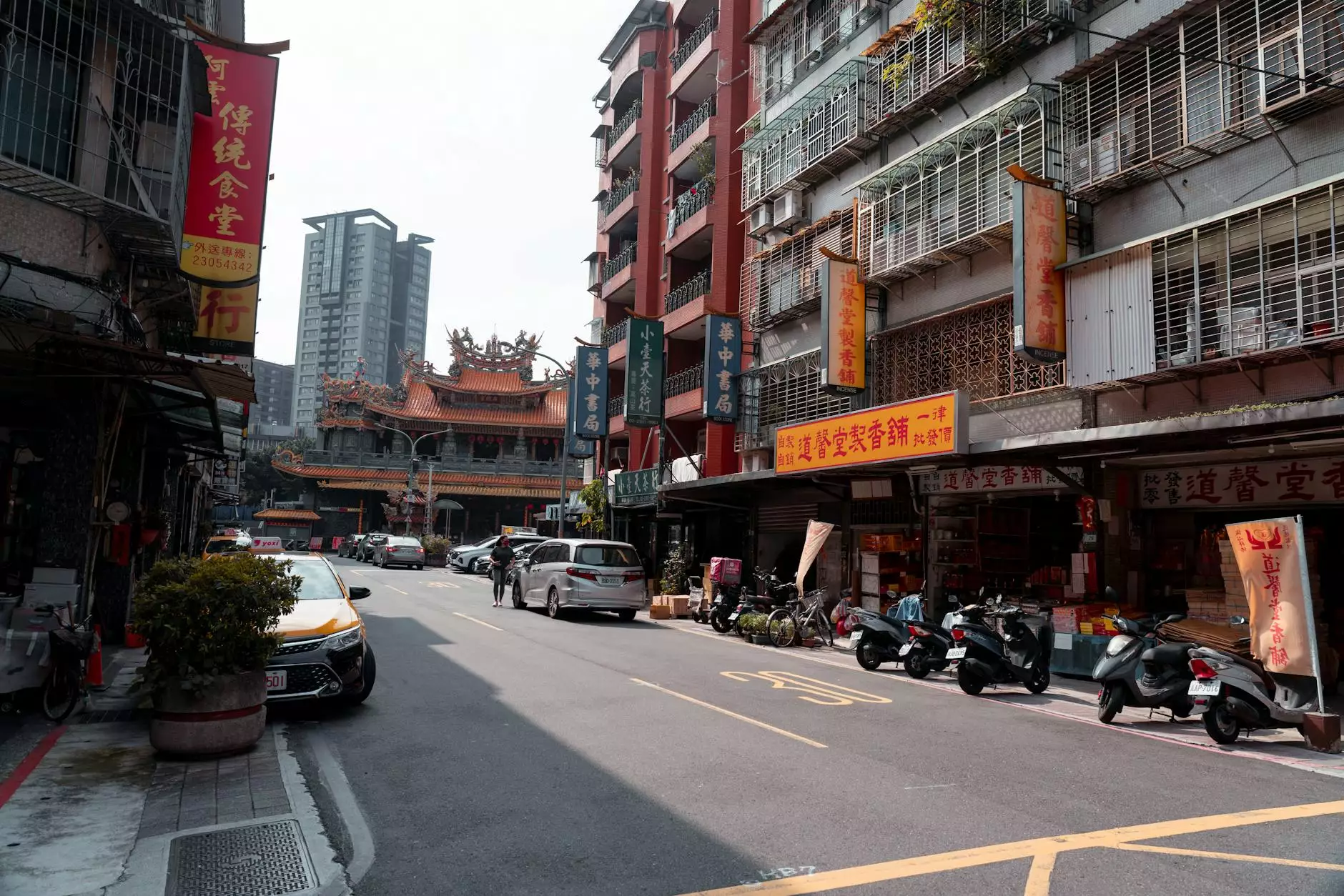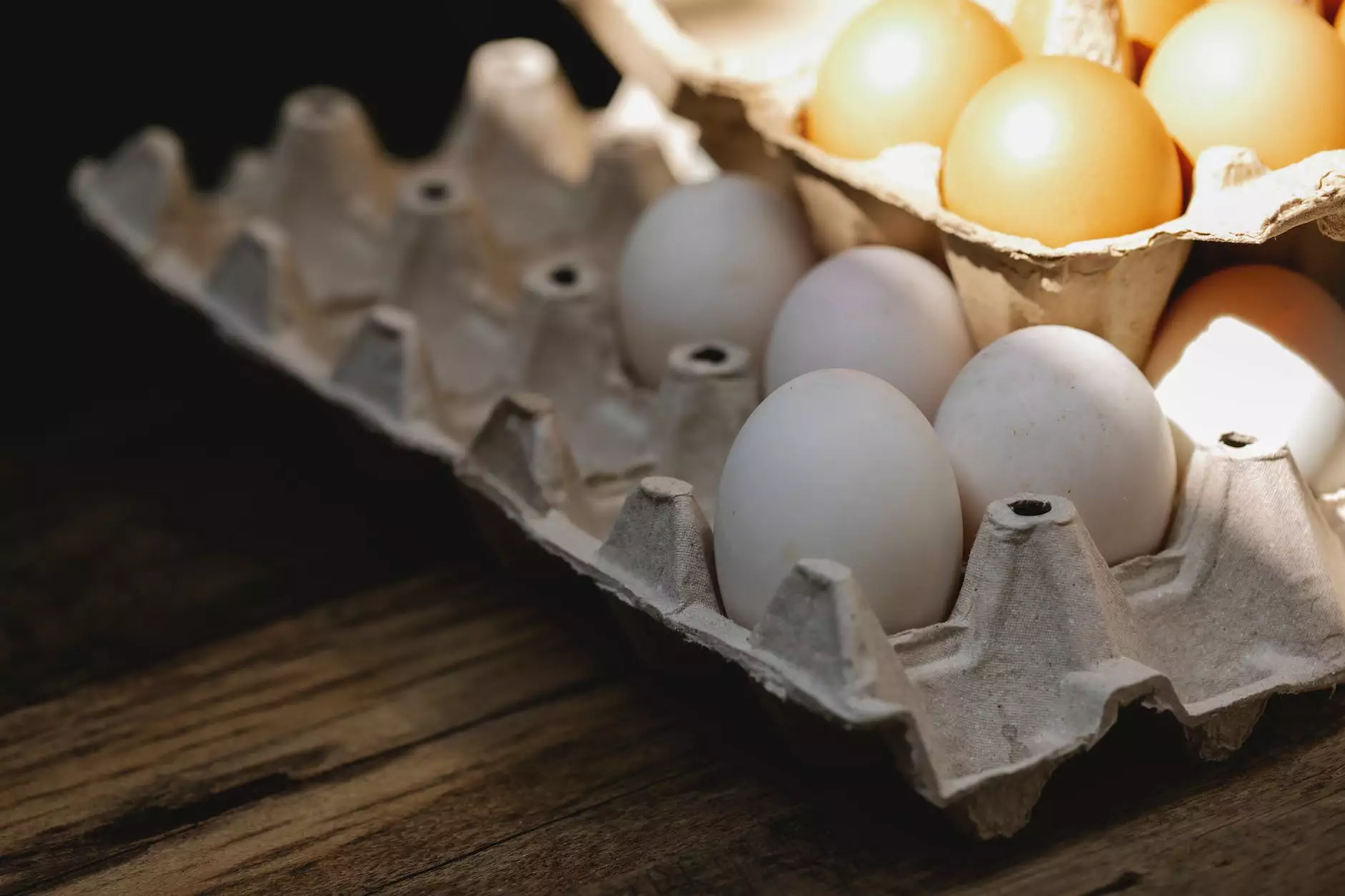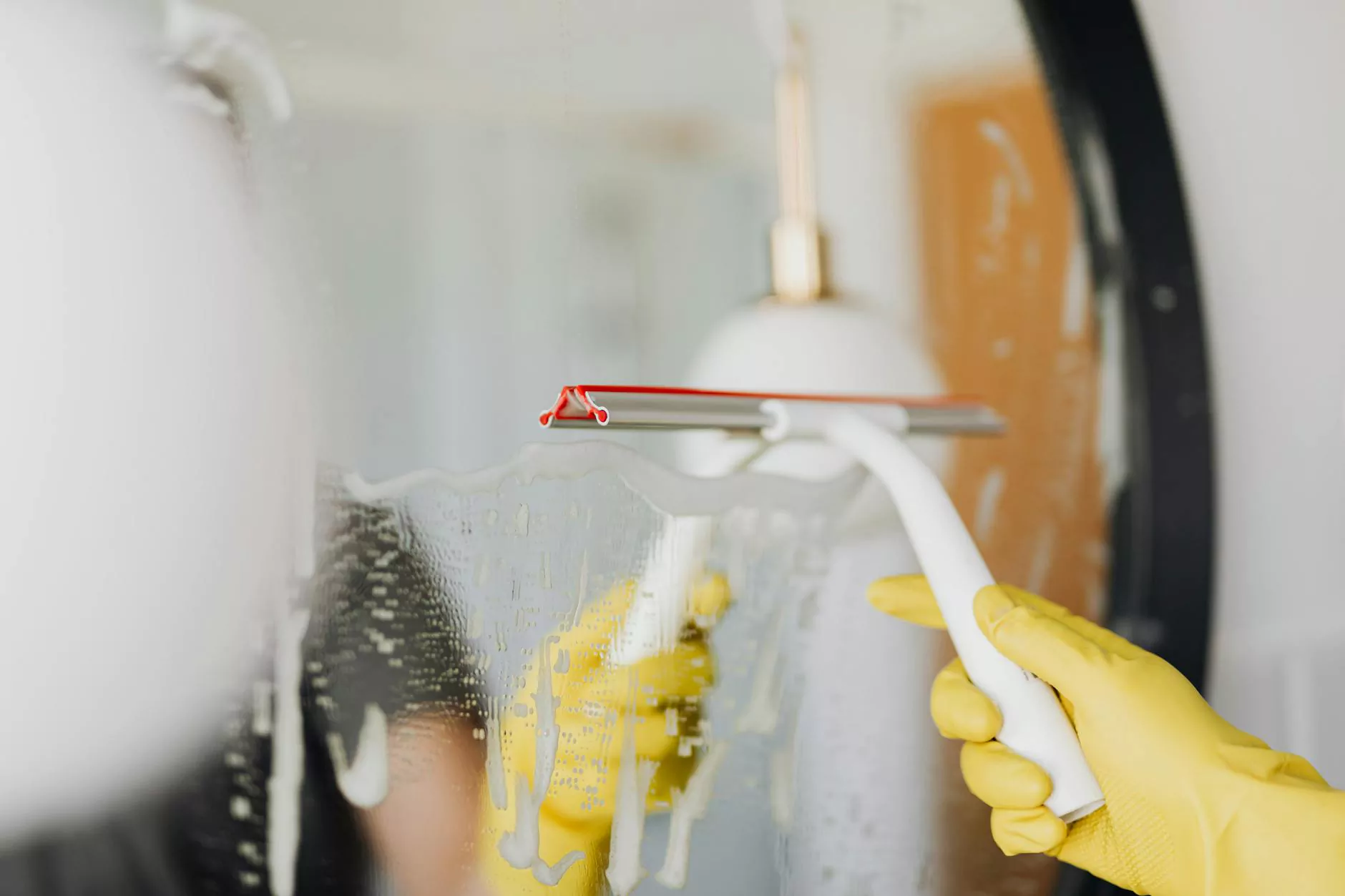The Benefits and Essential Aspects of Custom Plastic Molding

The world of manufacturing is evolving rapidly, and custom plastic molding stands out as a pivotal technology that enables businesses to produce precision components efficiently. With its diverse applications across various industries, understanding the ins and outs of this process is essential for companies looking to innovate their products and streamline their operations.
What is Custom Plastic Molding?
Custom plastic molding is a manufacturing process that involves creating plastic components by injecting molten plastic into a mold. This method is favored for its efficiency, versatility, and cost-effectiveness, making it ideal for mass-production applications where precision and consistency are key.
The Importance of Custom Plastic Molding in Modern Manufacturing
As the demand for specialized, high-quality plastic parts grows, understanding the importance of custom plastic molding becomes crucial for businesses. Here are several reasons why this process is invaluable:
- Cost Efficiency: Producing parts in bulk significantly reduces the overall cost per unit.
- Precision and Consistency: Injection molding allows for a high degree of precision, ensuring that each part meets stringent specifications.
- Material Versatility: A wide range of plastic materials can be used, allowing manufacturers to select the best material for their specific application.
- Complex Designs: Molding can accommodate intricate designs that would be difficult or impossible to achieve with other manufacturing processes.
Types of Custom Plastic Molding Processes
There are several different methods of custom plastic molding, each tailored to specific applications and needs. Below are some of the most common types:
1. Injection Molding
Injection molding is the most commonly used technique for custom plastic molding. It involves melting plastic pellets and injecting them into a mold where they cool and solidify.
2. Blow Molding
This method is primarily used for producing hollow plastic parts. It involves inflating a heated plastic tube until it fills the mold.
3. Compression Molding
Compression molding is used when the materials used are in a preheated state and manually placed into the mold before being compressed to shape.
4. Rotational Molding
This technique is ideal for producing large, hollow items, where plastic is added to a mold that rotates to evenly distribute the material.
Choosing the Right Materials for Custom Plastic Molding
The choice of materials in custom plastic molding directly impacts the functionality and durability of the final product. Below are some of the most popular materials used in the process:
- Polypropylene (PP): Known for its toughness and flexibility, suitable for a variety of applications.
- Polyethylene (PE): Commonly used for packaging and containers due to its excellent chemical resistance.
- Polyvinyl Chloride (PVC): Offers high durability and is often used in construction and plumbing.
- ABS Plastic: Valued for its high impact resistance, commonly used in automotive and consumer goods.
The Custom Plastic Molding Process Explained
Understanding the custom plastic molding process requires a deep dive into its key stages. Here’s a comprehensive breakdown:
1. Design and Prototyping
The process begins with a detailed design of the part to be created. Using CAD (computer-aided design) software, engineers create prototypes to evaluate design functionality.
2. Mold Creation
Once the design is approved, molds are fabricated from materials such as steel or aluminum. The mold must be precisely crafted to ensure that it produces parts that meet the required standards.
3. Injection and Cooling
Molten plastic is injected into the mold, where it is cooled to form the desired shape. This stage requires careful temperature control to ensure product quality.
4. Ejection and Finishing
After cooling, the molded part is ejected from the mold. Additional finishing processes such as trimming, painting, or assembly may take place to prepare the product for final use.
Quality Control in Custom Plastic Molding
To maintain the highest standards in custom plastic molding, rigorous quality control measures must be implemented throughout the production process. This includes:
- Material Inspection: Ensuring all raw materials meet quality specifications.
- Mold Inspection: Regular checks on mold integrity and performance.
- Product Testing: Testing samples for functionality, aesthetics, and performance to compare against specifications.
Advantages of Partnering with Professional Custom Plastic Molding Companies
Partnering with a professional custom plastic molding company like Sumiparts.us offers numerous advantages:
1. Expertise and Experience
Professional manufacturers bring extensive experience and knowledge, ensuring the best practices are followed.
2. Advanced Technology
State-of-the-art machinery and technology ensure precision and efficiency in the production process.
3. Customization Options
They offer various customization options, allowing clients to create products tailored to specific requirements.
4. Scalability
Companies can easily scale production according to market demand without significant investment in new machinery.
Applications of Custom Plastic Molding Across Industries
Custom plastic molding plays a critical role in various industries. Here are some key applications:
1. Automotive Industry
In automotive manufacturing, custom plastic molding is utilized to produce parts such as dashboards, bumpers, and other interior components that require durability and aesthetic appeal.
2. Consumer Goods
Many household products, from containers to electronic housings, are created using custom plastic molding techniques, ensuring high-quality and cost-effective production.
3. Medical Devices
The medical industry relies on precision components for devices and instruments. Molding technology provides the necessary accuracy and reproducibility required in this sector.
4. Packaging
Custom plastic molding is widely used in packaging applications where strength and flexibility are necessary, including bottles and containers.
Conclusion: Embrace the Future with Custom Plastic Molding
In conclusion, custom plastic molding is not just a manufacturing process; it is a significant component of innovation in today’s industrial landscape. With its ability to create high-quality, precise components efficiently, businesses can maintain a competitive edge in the market. Whether you are in need of components for the automotive industry, consumer goods, medical devices, or packaging, relying on the expertise of industry-leading professionals can ensure your production needs are met with the highest standards of quality and efficiency. Explore the possibilities that custom plastic molding can offer for your business today!









